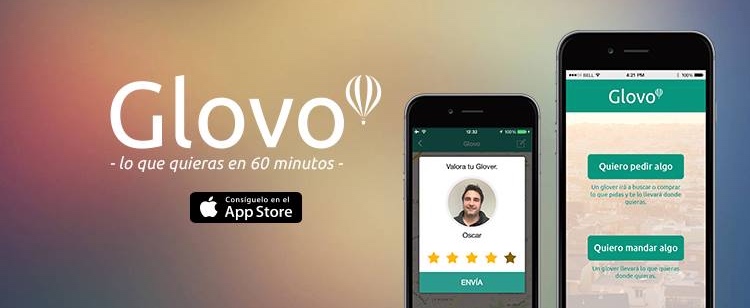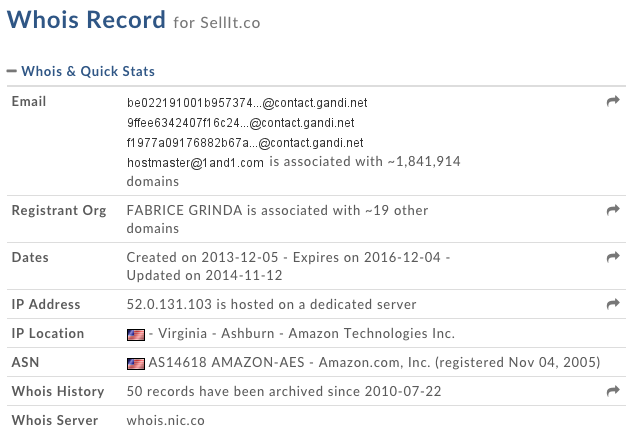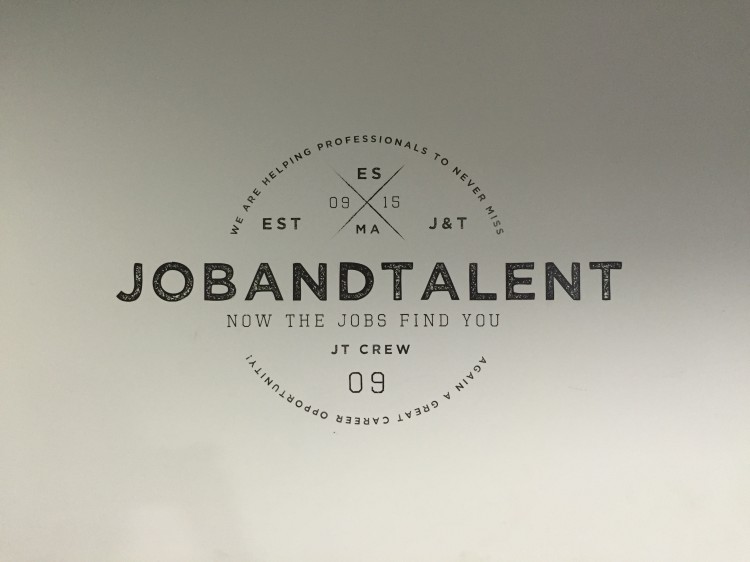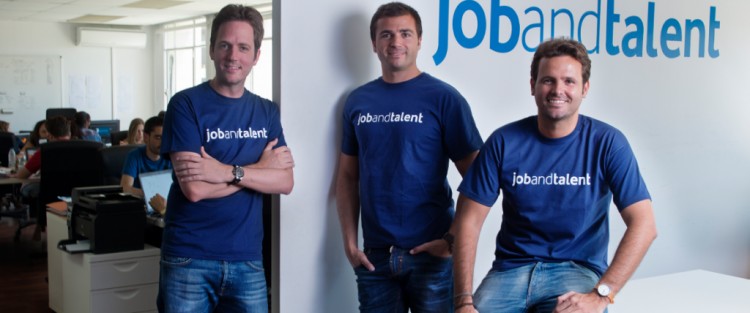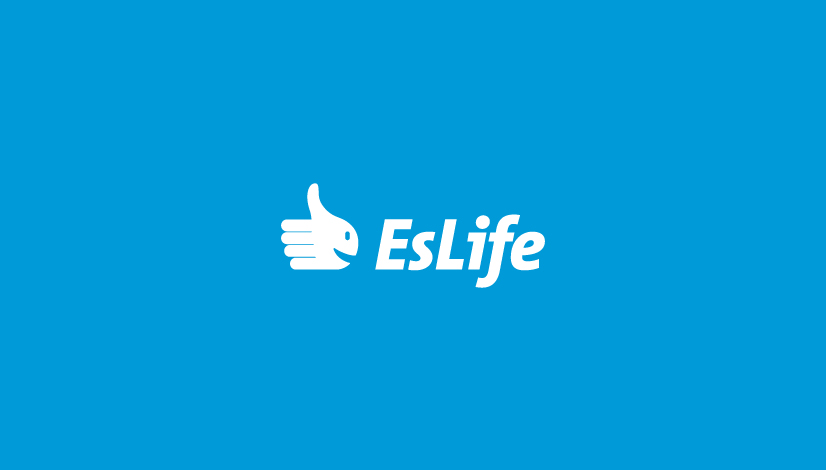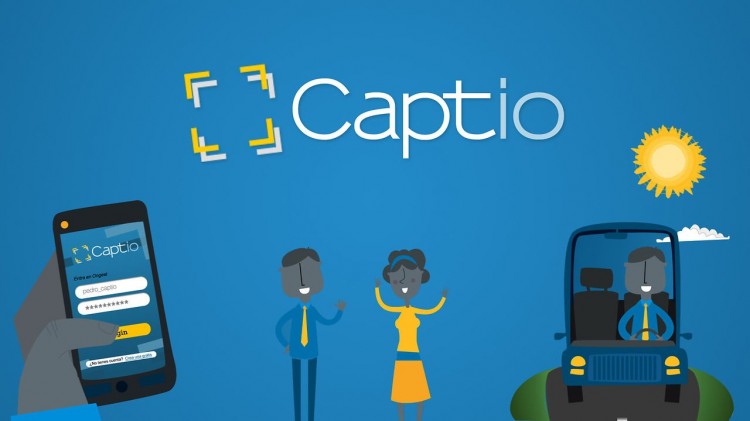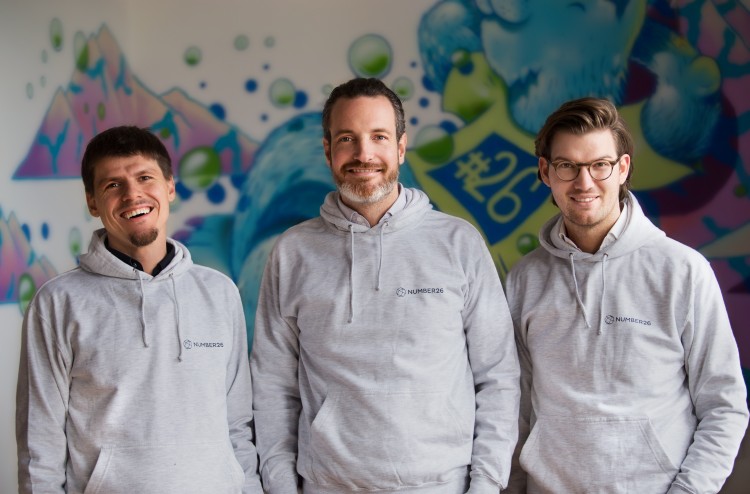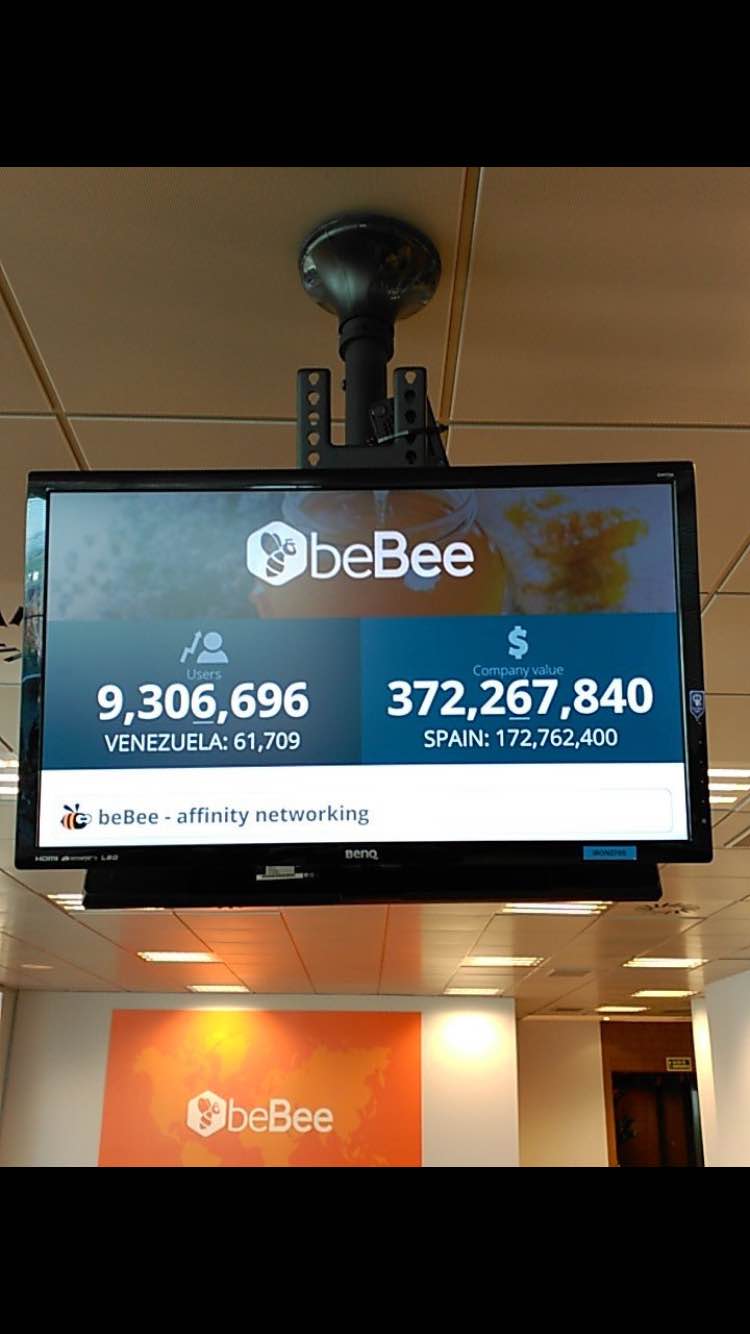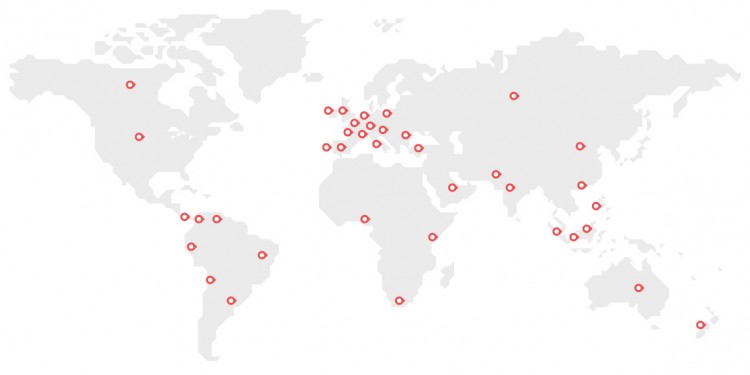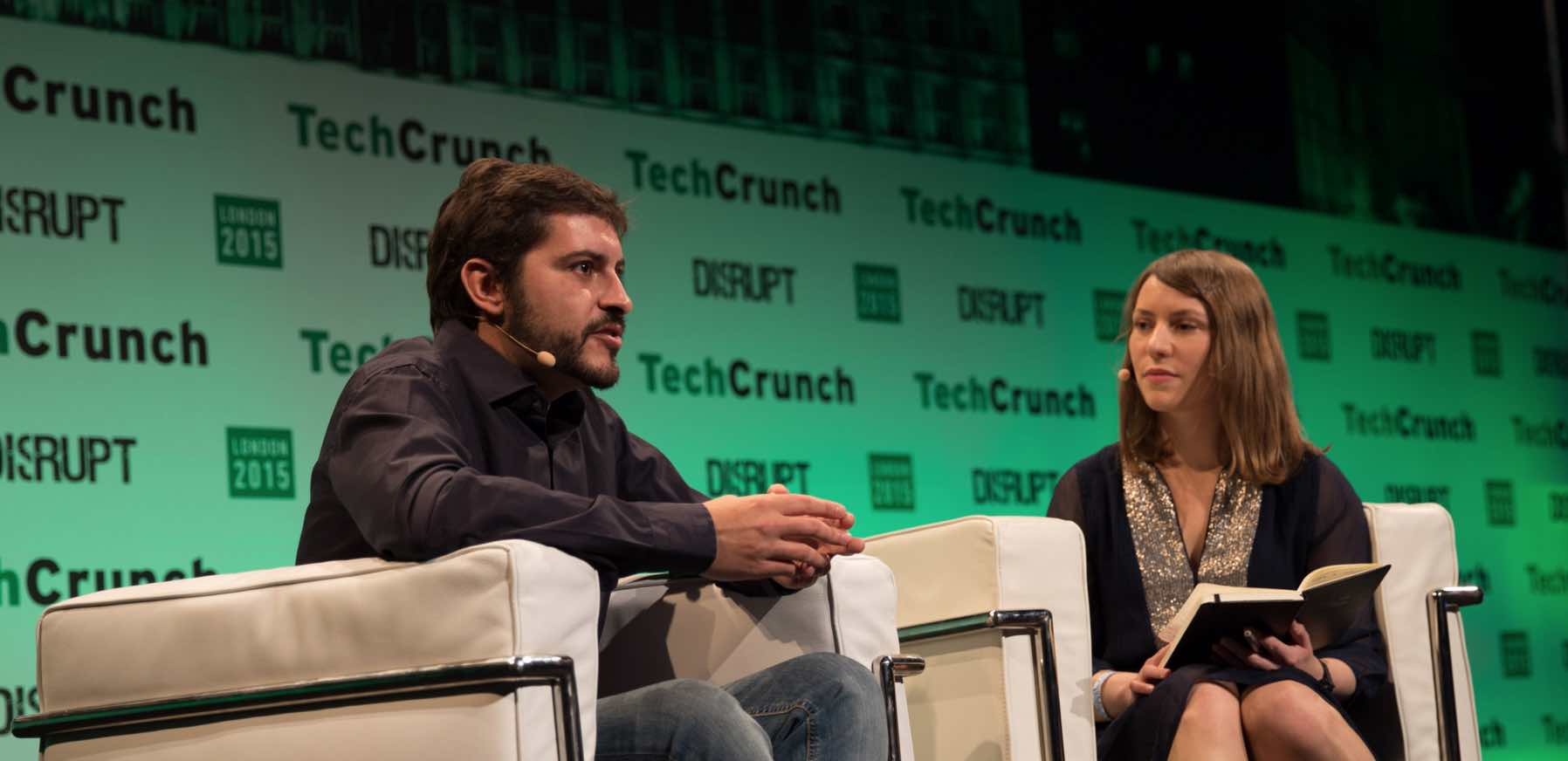![mitula]()
From left to right: Gonzalo del Pozo, Gonzalo Ortiz and Marcelo Badimón.
A lot has been written this year about the acquisition of La Nevera Roja or Akamon. However, one of the most significant exits of 2015 for Spanish technology companies took place Down Under, on the Australian Stock Exchange. Mitula Group, a vertical search engine and classifieds aggregator founded in Madrid in 2009, went public on the ASX in July, raising A$45 million.
Without making much noise, Mitula Group has become one of the largest -and most profitable- internet companies in Spain. The company had revenue of $16 million in 2014 (+53% YoY) and a net profit of almost $4 million (+153% YoY). Its stock price has increased by +18% since the IPO and the company is currently valued north of $140 million.
Impressive numbers that have gone unnoticed by many in the country. That’s why in October I took a trip to Mitula’s headquarters in Madrid to interview its co-founder and CEO Gonzalo del Pozo. What follows in an edited version of our conversation.
You started early in the classifieds sector. How long ago?
We started in 97, with a real estate portal called Globaliza. Gonzalo Ortiz were the co-founders and at its peak we had 70 employees and the support of important venture capital firms.
We were pioneers, in the sense that not a lot of people had built similar companies back then. Be it in Spain or anywhere else in the world. Newspapers had 20 pages dedicated to classifieds and it was a huge source of revenue for them, but that didn’t last long.
I remember those years as a constant struggle, especially because we launched right before the burst of the dotcom bubble. In the years 2000 and 2001 we tried to raise funding but it was impossible to do so. Those were tough days. We also made several mistakes along the way, like opening multiple sales offices when we didn’t have a good enough product and when not a lot people were yet online in Spain. It was a great way of making mistakes and learning from them.
When we saw that we wouldn’t be able to raise additional capital we decided to call it a day and start decreasing the size of the company. Dissolving a company in Spain is very tough, and we saw that firsthand. For many years we were using any capital we had to lay people off.
What we did obtain in those years was a lot of expertise in online marketing (SEO, SEM) and in the classifieds business. More so for being the first ones in the space than for being the best at it. To take advantage of this expertise, we built an internet agency called Trazada Internet Marketing that we would end up selling to QDQ.
At the same time, we also started a startup incubator, Tadium, thanks to the resources obtained via Globaliza, which was doing much better and making money. One of the first businesses that we incubated at Tadium was Mitula. We were interested in vertical search engines and aggregators because we’d seen that they were working in other countries. Indeed was a great example for us.
Given the fact that we were good at online marketing, we were tech people and the idea was a good fit for the team we had, we decided to test it in 2008 and we launched a year later. Idealista was one of our first clients.
Globaliza is still in business today. We’re proud of that.
What did Mitula look like at the beginning?
When we launched Mitula we were already focused on three key verticals: real estate, jobs and automobiles.
The strategy was to look at the market and see where we could fit in. Two of the biggest players back then were Nestoria and Trovit. We liked them both and we thought that there was room for another player if we were able to position ourselves somewhere in the middle between those two.
In terms of traffic acquisition, which is the more technology-centric part, we saw ourselves closer to Trovit. In product and sales, closer to Nestoria. In retrospective, launching Mitula was a natural step for people with our experience and a model that we identified ourselves with.
“Launching Mitula was a natural step for people with our experience and a model that we identified ourselves with”
We launched simultaneously in three countries, which wasn’t the case for most Spanish internet companies at the time or even today. Spain, Italy and France were first and the rest of the countries came later.
Our strategy was to grow horizontally, and by that I mean launching the same product in as many countries as possible. We also quickly understood the importance of time to market. Trying to position yourself as a company on Google nowadays is tough, and with a vertical search engine like ours even more. In 2007 or 2008 it made sense, but I wouldn’t even try today. I think we were one of the last companies of our nature to join the space.
You mentioned that Trovit and Nestoria were examples for Mitula. What were the main differences between your product and business and theirs?
I think the differences depend on the market and country, but, in general, conversion rates are very similar regardless of the aggregator. It’s tough to differentiate yourself from competitors but one thing still holds true: classified portals need one key thing, which is traffic. But in the end, you’re just another one.
We never thought that we were competing against each other. You might compete in prices, but not in terms of volume or in trying to win a fight. Because Google has won that fight and they’re the real competitor.
Traffic to these sites is finite. It’s growing, but it is finite. The more traffic you want, the higher the cost. That’s why Google Adwords is such a great business.
![mitula]()
Mitula Group’s sites throughout the world.
Now that you mention Google. How dependent are you on the search engine and what kind of relationship does Mitula has with Google?
It’s a love-hate relationship. We’re dependant on them, but they also slightly depend on companies like us.
Google is two different concepts: Google organic search, which everybody depends on, because even if you spend millions of dollars in TV ads, most people still use Google to try to find the hotel or car they want.
Then, Google is also a partner, a client. Google Adsense is Mitula’s biggest client in terms of revenue. Traffic wise, 30% of our traffic doesn’t come from Google.
Google is also synonym with “online search”. If you want to be in that space, you need to be in Google and you have to realise that they set the rules. These can affect you or not, but that’s reality.
On the business side of things. Are you also trying to reduce the influence of Google on Mitula’s bottom line?
Adsense is a great source of income for us. Following the acquisition of Nestoria, we now have two very different products on our portfolio. Nestoria doesn’t rely on Adsense and doesn’t follow a freemium model, it’s only for paid clients. And that’s how it’s going to continue to be in the future.
“Google is our biggest client and 70% of our traffic comes from them”
Mitula is more focused on growing horizontally. For example, we just launched in Vietnam and Adsense helps you make money from day one. Google helps you sell your ad space in Vietnam, it collects the money, it applies currency exchange rates and then you just simply have to invoice them. This is wonderful and most people don’t think about it when they criticise Google.
What do you see as your main source of growth in the short term?
Right now we’re extremely focused on the Asia-Pacific region. We just opened an office in Singapur and this will allow us to be near our clients in countries like India, which is a huge market and one that requires you to be as close as possible to it.
Markets like Indonesia or the Philippines are also very attractive. These are markets with low internet penetration that, however, are growing very quickly thanks to smartphones, countries with a large population, with a growing middle class and with increasing disposable income.
The markets where we decide to launch also need to have an ecosystem of online advertising and classifieds, because we need that content to provide value.
If I’m not mistaken, Simon Baker was key in the development of Mitula as a company and in its IPO. How did someone with so much experience in the classifieds business decide to invest and become a significant part of the company?
From 2001 to 2008 Simon was the CEO of REA, one of the biggest classifieds portals in the world. After Newscorp bought it, they launched a very aggressive expansion plan and they came to Europe in 2005 to buy complementary companies. They acquired companies in the UK and Italy and in Spain he came to saw us when we were running Globaliza. They didn’t acquire us, but this is how we met.
We kept in touch with him and when we launched Mitula we told him that we wanted him to invest in the company, and in 2010 he joined along with another shareholder. Since then he’s been very involved in the company and a member of our board of directors.
Was that the only outside investment Mitula received in its history?
Yes, it was a strategic investment for us. Simon has a name in the classifieds business and people associate him with the industry. In fact, he was really important in our IPO on the Australian Stock Exchange.
We believed he could be big for us and that has been the case.
Talking about the IPO. How or when did you decide to go ahead with it?
The company was growing fast and we needed to make important decisions that would affect its future.
Then, in October of last year, Next acquired Trovit for €80 million and we thought: damn, something is going on here. Back then we were half the size of Trovit, but they launched the company three years before we did.
We looked at the possibility of selling Mitula, but the fact of the matter is that it’s very hard to sell a company like ours. What Trovit achieved doesn’t happen very often.
![Mitula's HQ in Madrid.]()
Why is it hard?
There are very few companies where our type of business model fits in. Then there’s also the issue of setting the right valuation for companies like ours, which grow very fast and have a very large EBITDA margin. It’s not like we’ve been losing millions of euros every year; in fact, we’ve paid dividends to our shareholders for many consecutive years.
We didn’t spend a lot of time looking at potential buyers. Not because we were not interested in that possibility, but because there’s only 5 to 10 companies that could complete such a deal. We talked to them but we decided to go for the home run.
“It’s very hard to sell a company like ours”
Going big meant trying to acquire Nestoria (we had complementary businesses) and then taking the company public. I went to see investors in New York and London, but in the end we saw that Australia had the biggest concentration of investors who understood the classifieds businesses and the opportunity for vertical search engines or aggregators.
We knew that in order to acquire Nestoria we needed to raise capital. We did so, we bought Nestoria and now we were more prepared to reach a higher valuation and IPO as Mitula Group.
Did you ever consider other stock exchanges?
We talked to people at the Alternative Investment Market in London but it wasn’t a good fit. We never considered an IPO in Spain, since only 5% of our business comes from here.
What’s the process of taking a company public like?
It’s tiring, very tiring. But it’s just work. You get told that you need to meet a certain number of requirements and the only option you have is to meet them. It took us a few months to do so.
Simon often says that we were also a company that was ready for the challenge. We had been following strong accounting principles for years and producing quarterly reports on a regular basis. The road show went very well and in June or July we’d decided our stock price and the amount we wanted to raise. In the end it was A$45 million combining the round raised to acquire Nestoria and the IPO. It was an adventure.
Is an IPO a distraction for employees? Are they constantly obsessed with the price of the stock?
I don’t think it is. Only a few of us were actually involved in the process. Simon, our CFO and myself.
Some of our early employees who are also shareholders obviously do pay attention to the stock price, but I don’t think that this happens to the point that it becomes a distraction. Internally we held various talks with our staff to tell them that everything was under control.
What’s your take on the current state of the classifieds industry? Lately in Spain we’ve seen the acquisition of Milanuncios, Trovit or idealista.
I think that in the last 5 years we’ve seen the development of an industry at a global level that didn’t exist before. It’s a large industry that moves billions of dollars every year.
I believe that we’ll see more and more IPOs , acquisitions or large rounds of funding in the next few years. There’s an industry now, there are a lot of investors that actually understand this business.
And on the mobile side of things? Are companies like Wallapop or Letgo poised to become threats to established classifieds businesses?
If you talk to Schibsted you’d see that these are the type of companies that they’re actually worried about. I think they represent a great opportunity for everybody.
However, I still don’t know how they’re going to be monetised. The classifieds sector hasn’t changed much in the last 20 years, in the sense that those who want to publish an ad need to pay for it. It’s a great business.
“Mobile encourages local and in-person transactions, and that’s also hard to monetise”
I’m sure mobile classifieds companies will be able to find a way to monetise their platforms, but I don’t know how. Mobile encourages local and in-person transactions, and that’s also hard to monetise.
20 years ago most in our business didn’t know how to build a scalable business model either, and look at where we are now. I think it’s just a matter of time.
Where would you like Mitula to be in 3 to 5 years?
I think there’s still a great opportunity in front of Mitula Group. Being a public company allows us two things: our current shareholders can sell some of their stock to make some money; and we now have the ability to raise capital on a steady basis to not only grow organically, but also through acquisitions.
In terms of growth, I think we’ll continue growing at a 50% rate year-on-year and we’ll reach a higher valuation than the one we currently have. How big? I have no idea.
Do you see yourself as the captain of the ship in 5 years?
That, I don’t know. It depends on the company, on the board of directors. I will do whatever is better for Mitula Group.
It’s not the same to lead a company that’s valued at $150 million than one that has a valuation of more than $500 million. Those are different companies with very different needs.
The post The story of Mitula Group: the company behind the largest IPO by a Spanish tech company of 2015 appeared first on Novobrief.
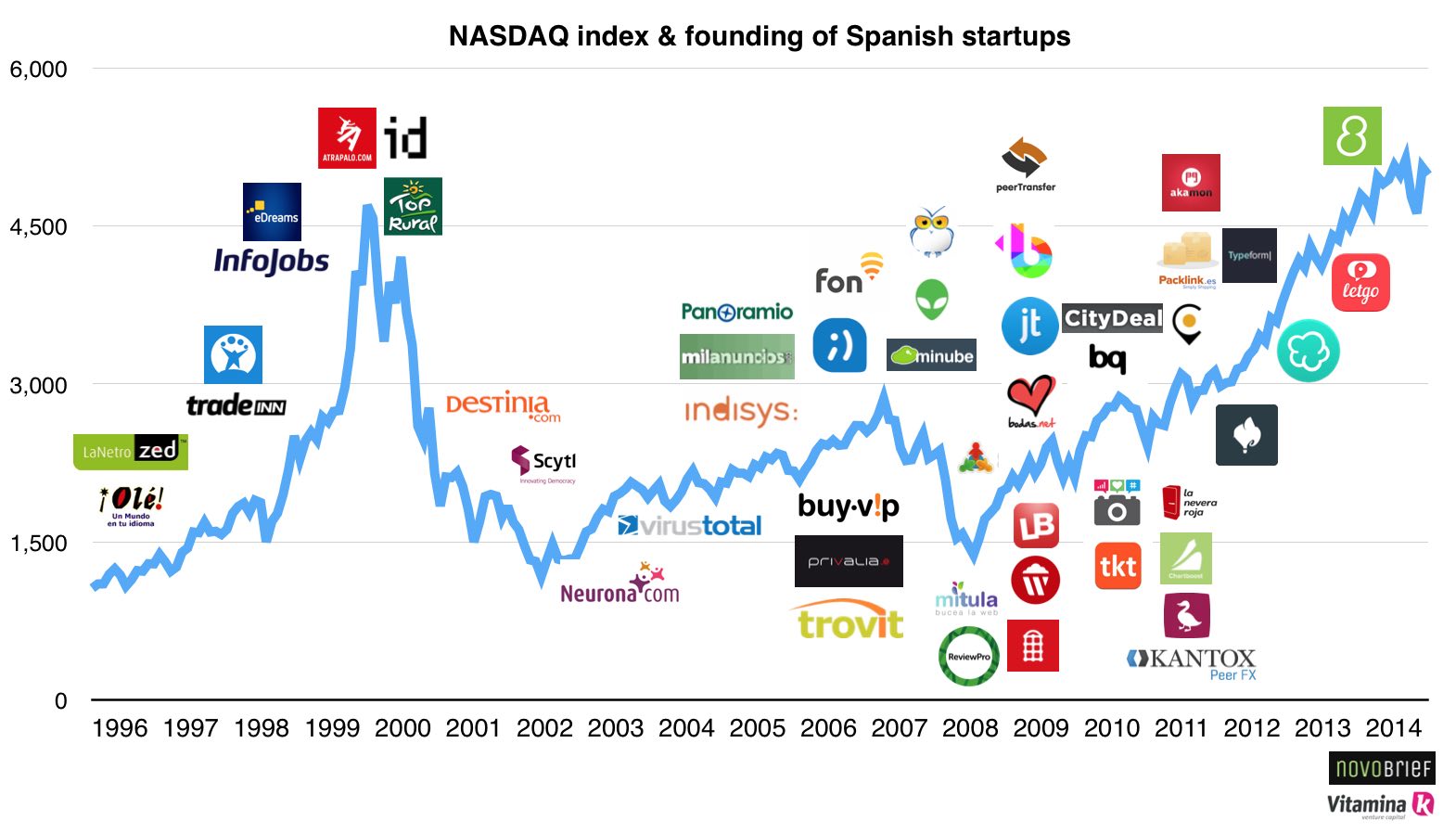 There’s no better way of realising changes in an industry than building visual representations of it. A lot has been written over the past few months and years about the Spanish technology ecosystem, and many have wondered if the country has a big enough tech sector to be considered an ecosystem and if it could once compete with the likes of London, Berlin, Paris os Stockholm.
There’s no better way of realising changes in an industry than building visual representations of it. A lot has been written over the past few months and years about the Spanish technology ecosystem, and many have wondered if the country has a big enough tech sector to be considered an ecosystem and if it could once compete with the likes of London, Berlin, Paris os Stockholm.

